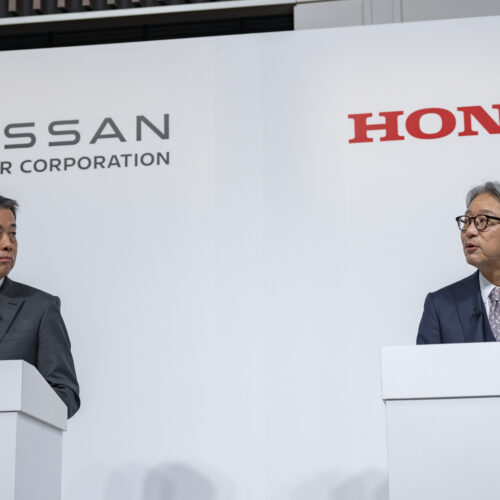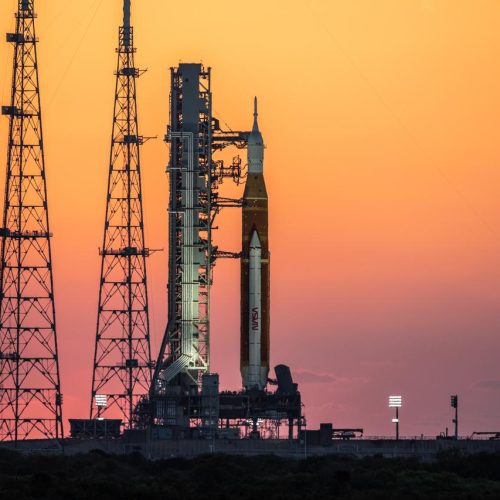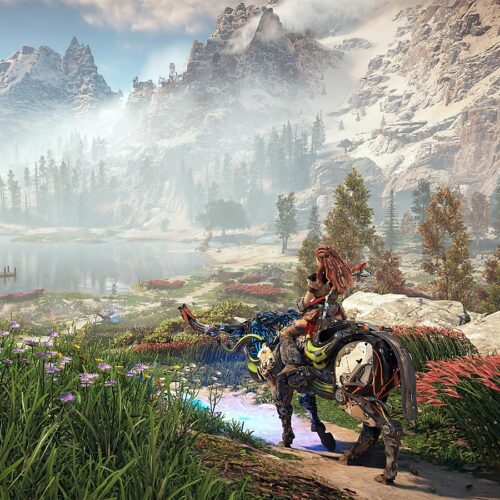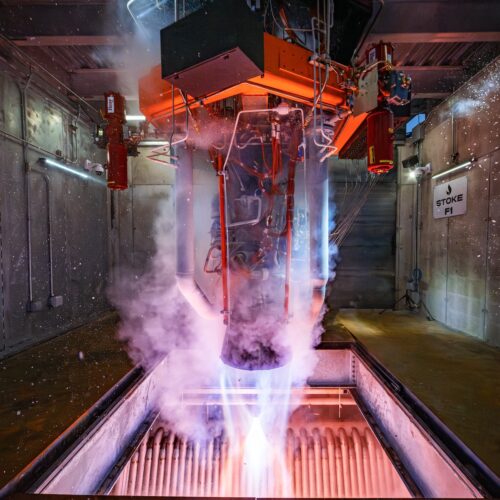$2,100 mechanical keyboard has 800 holes, NYC skyscraper looks
For $2,100, you could buy over a dozen upper-quality mechanical keyboards. Alternatively, you could buy just one mechanical keyboard kit. Costing the same as a desktop computer, The Icebreaker keyboard commands one of the highest price tags you'll see for a keyboard, and that's more due to its appearance than its capabilities.
The Icebreaker, spotted by Tom's Hardware, became available for preorder on Thursday. The prohibitively priced peripheral is the primary product from Serene Industries, which founder Denis Agarkov describes as an “outlet for creativity, love of materials, experimentation, and an endless exercise in learning new things."
In a February interview with Design Milk, Agarkov said that the profile view of New York City’s Flatiron skyscraper inspired the keyboard’s design. The building opened in 1902 and measures 285 feet tall with a steel frame and distinct prism shape.


© Serene Industries



















